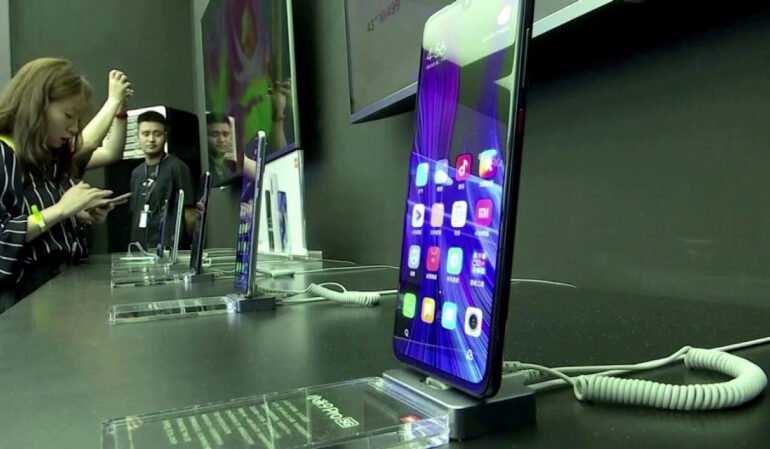Makers of cars and electronic devices from TVs to smartphones are sounding alarm bells about a global shortage of chips, which is causing manufacturing delays as consumer demand bounces back from the coronavirus crisis.
The problem has several causes, industry executives and analysts say, including bulk-buying by U.S. sanctions-hit Chinese tech giant Huawei Technologies, a fire at a chip plant in Japan, coronavirus lockdowns in Southeast Asia, and a strike in France.
More fundamentally, however, there has been under-investment in 8-inch chip manufacturing plants owned mostly by Asian firms, which means they have struggled to ramp up production as demand for 5G phones, laptops and cars picked up faster than expected.
“For the whole electronics industry, we’ve been experiencing a shortage of components,” said Donny Zhang, CEO of Shenzhen-based sourcing company Sand and Wave, who said he faced delays in obtaining a microcontroller unit that was key to a smart headphone product he was working on.
“We were originally planning to complete production in one month, but now it looks like we’ll need to do it in two.”
A source at a Japanese electronics component supplier said it was seeing shortages of WiFi and Bluetooth chips and was expecting delays of more than 10 weeks.
The automotive industry in China, which flagged the issue earlier this month, is anticipating production at some Chinese carmakers to be affected in the first quarter of next year, according to a senior industry association official.
SURGING DEMAND
Consumer demand in China, especially for cars, has snapped back unexpectedly quickly from the coronavirus crisis, and orders for products such as laptops and mobile phones in regions still struggling with pandemic restrictions, such as Europe and the United States, have also picked up.
“Since (these products) all compete for the same fab (fabrication plant) resources the shortage is across all of these sectors and others as well. These are just the most apparent right now,” said Kevin Anderson, a senior analyst at Omdia.
Dutch automotive chip supplier NXP Semiconductors has told customers it must raise prices on all products because of a “significant increase” in materials costs and a “severe shortage” of chips, Reuters reported this month.
“Business came back much faster than we expected,” NXP CEO Kurt Sievers told German business daily Handelsblatt in an interview on Dec. 11. “Many customers ordered too late. As a result, we are not able to keep up in some areas.”
Other short-term triggers for the chip shortage include stockpiling by telecoms giant Huawei ahead of mid-September when its suppliers had to comply with U.S. sanctions, CICC analyst Huang Leping said in a note on Dec. 11.
This was aggravated by Huawei’s rivals such as Xiaomi seeking to gain market share by stepping up orders of components, he added.
Xiaomi and Huawei declined to comment.
"Forbes Georgia-ის სარედაქციო ბლოგპოსტების სერია "როგორ გამდიდრდა“ და "საქართველო რეიტინგებში".















